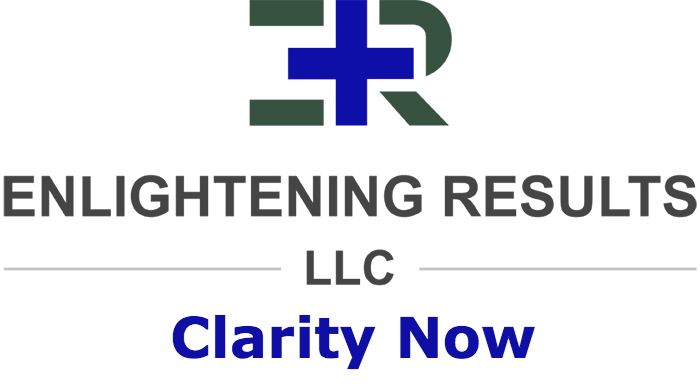FDA Approves First COVID-19 Vaccine
/More than 92 million individuals in the US have received the Pfizer/BioNTech COVID-19 Vaccine under emergency use authorization (EUA). The vaccine has repeatedly demonstrated to be safe and effective in reducing the risk of severe disease, hospitalization, and death.
After reviewing hundreds of thousands of pages of data, the FDA has officially granted the Pfizer/BioNTech vaccine full approval for the prevention of COVID-19 disease in individuals 16 years of age and older. The vaccine will now be formally referred to as Comirnaty.
Official FDA press release here: https://www.fda.gov/news-events/press-announcements/fda-approves-first-covid-19-vaccine
At this time, the vaccine will continue to be available under emergency use authorization (EUA) for individuals 12-15 years of age and for the administration of the third dose in certain immunocompromised individuals.
See all FDA details here: https://www.fda.gov/emergency-preparedness-and-response/coronavirus-disease-2019-covid-19/comirnaty-and-pfizer-biontech-covid-19-vaccine
See all Frequently Asked Questions (FAQs) here: https://www.fda.gov/emergency-preparedness-and-response/mcm-legal-regulatory-and-policy-framework/comirnaty-and-pfizer-biontech-covid-19-vaccine-frequently-asked-questions
Pfizer has said it expects to have vaccine trial data on children ages 5-11 by the end of September, and the company could apply to have its vaccine authorized for those younger ages shortly after. The company also has said data for even younger children, ages 2 to 5, could be available shortly after.
Moderna submitted its data about a month later for formal FDA review so stay tuned.
Safe and effective vaccines are critical public health tools that we in the United States are very privileged to have access to. Vaccines backed by rigorous science have historically eliminated some of the world's most horrific diseases. Vaccination is critical for public health, individual health, protection of the most vulnerable, the immune-compromised, and those who can not get vaccinated yet such as children. Vaccination also prevents the development of future variants that may one day be completely vaccine resistant, a grave concern we hope to never see. Lastly, vaccination prevents the overwhelming strain on our nation's health systems, many of which are at capacity with COVID cases and can not care for regular emergencies and critical care such as accidents, heart attacks, strokes, cancer, surgeries, etc.
Please get vaccinated. #ThisIsOurShot

